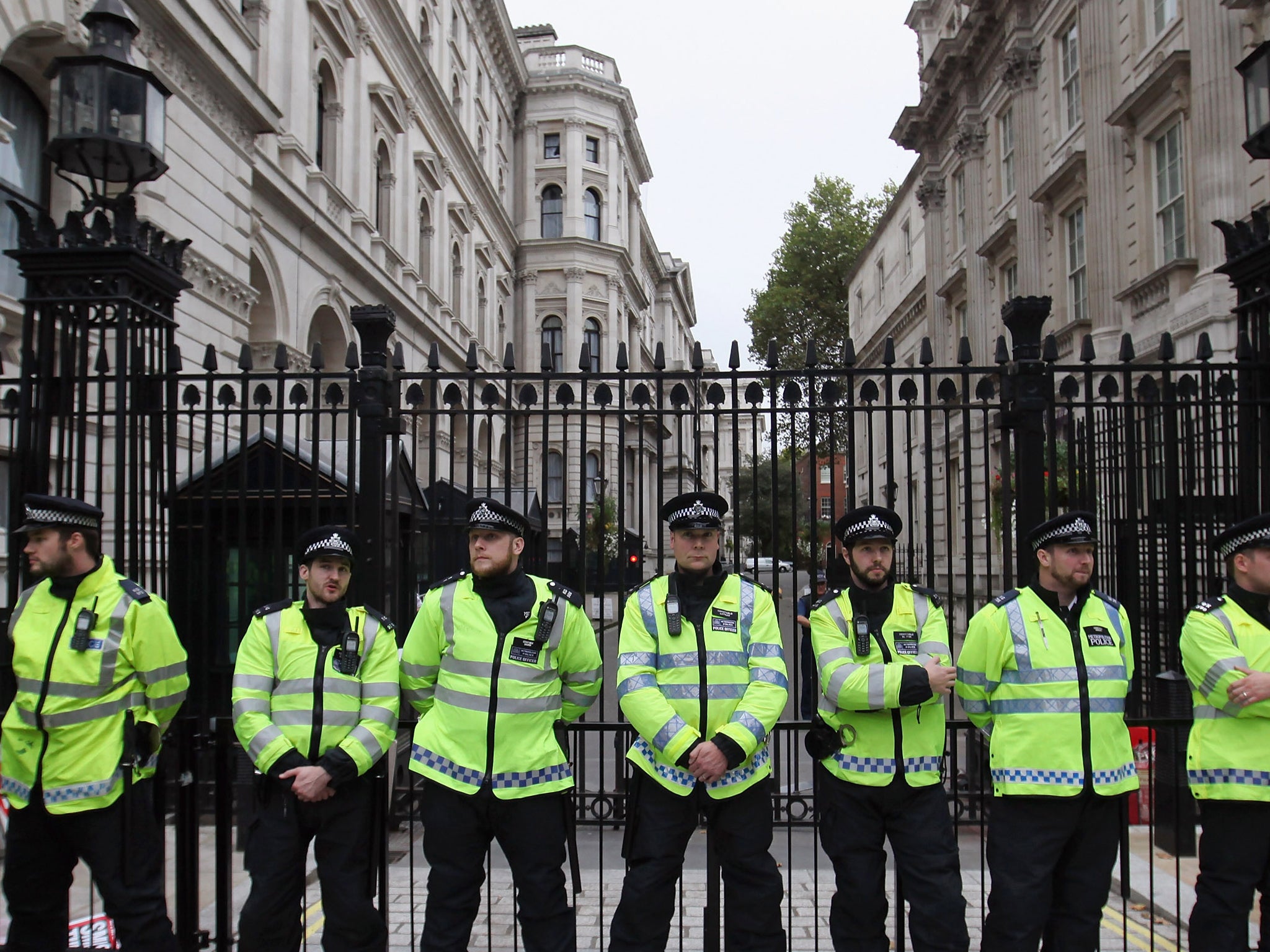Your support helps us to tell the story
From reproductive rights to climate change to Big Tech, The Independent is on the ground when the story is developing. Whether it's investigating the financials of Elon Musk's pro-Trump PAC or producing our latest documentary, 'The A Word', which shines a light on the American women fighting for reproductive rights, we know how important it is to parse out the facts from the messaging.
At such a critical moment in US history, we need reporters on the ground. Your donation allows us to keep sending journalists to speak to both sides of the story.
The Independent is trusted by Americans across the entire political spectrum. And unlike many other quality news outlets, we choose not to lock Americans out of our reporting and analysis with paywalls. We believe quality journalism should be available to everyone, paid for by those who can afford it.
Your support makes all the difference.Ministers could be given stronger powers to block scrutiny of public bodies under government transparency law, Downing Street has said.
Speaking ahead of the expected release of documents detailing Prince Charles’s correspondence with ministers, Number 10 argued that there was a “strong case” for beefing up the ministerial veto on freedom of information requests.
“Our view remains – as the government has argued in the lengthy legal proceedings [regarding the Prince’s correspondence] – that there is a strong case for there being the ability to exercise a ministerial veto,” he told a briefing of journalists.
“Our view hasn’t changed but the ruling has generated some uncertainty in regards to those provisions and in the light of that we will consider this issue.”
Freedom of information law already includes provisions for a ministerial veto, which has been used before. Courts have however overruled the use of the veto in the case of the Prince’s correspondence.
The Freedom of Information Act was introduced in 2000 by the last Labour government. The Act allows any private citizen to freely obtain documents or information relating to government, with certain conditions and exceptions.
The Act is frequently used by journalists and campaigners to scrutinise the inner workings of government and reveal scandal going on behind closed doors.
Maurice Frankel, the director of the Campaign for Freedom of Information, said the proposals would give ministers “too much power”.
“Ministers are now suggesting that they should be able to overturn a judicial decision under the FOI Act simply because they prefer their own view, disregarding the fact that the court may have tested the arguments rigorously and persuasively justified its findings,” he said.
“That is too much power for ministers too have. They should appeal against decisions they disagree with, not simply overturn them.”
Labour’s election manifesto pledged to extend FOI law so that public services run by large private companies are included. Broadly similar extensions are supported by the Liberal Democrats.

Join our commenting forum
Join thought-provoking conversations, follow other Independent readers and see their replies
Comments